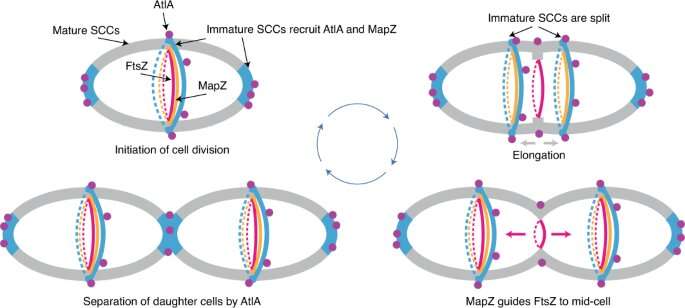
Findings from a University of Kentucky College of Medicine study could lead to a new way to combat the bacteria responsible for tooth decay.
The research led by Natalia Korotkova, assistant professor in the UK Department of Microbiology, Immunology and Molecular Genetics, identified a potential therapeutic target in Streptococcus mutans, bacteria that lives in the mouth and causes tooth decay.
“The findings could be promising to the development of a therapy that could prevent cavities by specifically targeting S. mutans,” Korotkova said.
Current methods for reducing plaque including mechanical cleansing, mouthwashes and conventional antibiotics have limited effects against already-established colonies of the bacteria, says Korotkova. In addition, they can also kill healthy, beneficial oral bacteria.
Korotkova’s team identified polysaccharide decorations in the cell wall of S. mutans that are necessary for the bacteria to divide correctly and reproduce, which makes the enzymes that make them attractive targets for future drug development.
Korotkova says understanding how cell wall polysaccharides regulate bacterial cell division is also helping to answer a long-standing fundamental question in microbiology: How do bacteria maintain their exact shape?
“The findings will open new venues for investigation of the factors controlling cell morphology in other bacteria and development of the approaches to manipulate it,” Korotkova said.
Source: Read Full Article
